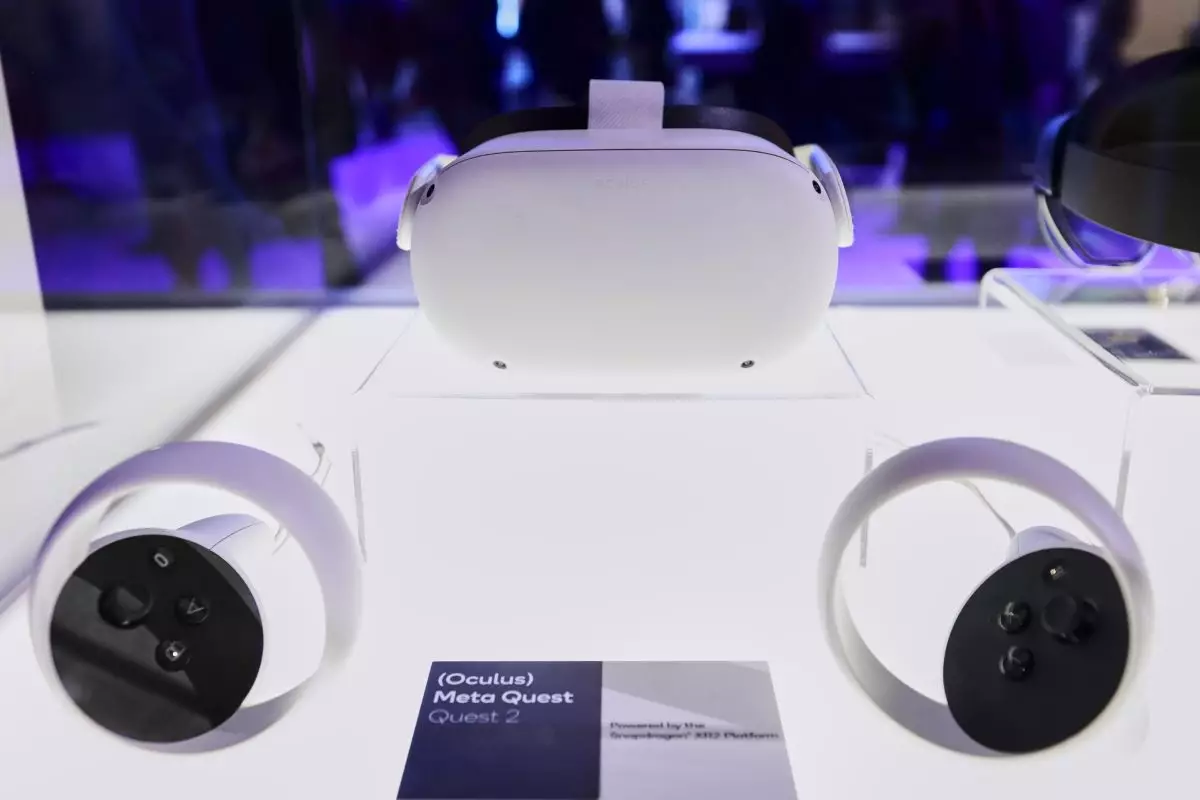Meta’s recent announcement during the Meta Connect 2024 event has sparked a significant transition in the virtual reality landscape, particularly for its Quest headset lineup. As the tech giant introduces the Quest 3S, a budget-friendly alternative priced at $300, it also signals the end of an era for its two oldest models—the Quest 2 and Quest Pro. Given that the Quest 2 has been on the market for four years, retirement was expected. Yet, this move highlights both the technological advancements Meta has made and its response to the evolving demands of consumers who seek the latest innovations in VR.
The Quest 3S not only fills the price gap left by the Quest 2 but also carries with it upgraded specifications that resonate with modern user expectations. With features such as enhanced display resolution, the new model positions itself effectively among its predecessors, appealing to a market eager for affordable yet high-quality VR experiences.
The Quest 2 has served as a stalwart in Meta’s VR offerings. It democratized access to VR, providing an entry point for many users who might have been deterred by higher price tags in the past. Even when its capabilities began to show their age, Meta kept it in circulation without a clear plan for phased retirement, likely as a hedge against potential market saturation from newer models. As the Quest 3S takes its place, it’s clear that Meta is closing this chapter not merely to phase out outdated technology but to reinvigorate its lineup with fresh models that enhance the user experience and drive forward.
The decision to cease significant support for the original model, including lapse of security patches, underscores the need for users to migrate to newer technology, thus incentivizing them to purchase the latest offerings. However, it also raises concerns among loyal users about their hardware investments quickly becoming obsolete.
In contrast to the Quest 2’s extensive lifespan, the Quest Pro, launched in 2022, has faced a much shorter tenure. Originally aimed at enterprise solutions within mixed reality applications, it now appears to be all but eclipsed by the more cost-effective offerings of the Quest 3. An important realization for Meta’s consumer base is that the pricing strategy behind VR headsets needs to reflect both affordability and highly competitive features. The Pro’s redundancy in light of the advancements in the Quest 3 illustrates the fast-moving nature of technology where yesterday’s innovation quickly becomes overshadowed by newer, more capable competitors.
Meta’s strategic pivot towards new devices encapsulates a broader anticipation for advancements in the virtual reality sector. While this inevitably leads to the extinction of older models, it is also a catalyst for enhancing user experiences through more sophisticated, streamlined technology. With the Quest 3S now available for preorder, users are encouraged to explore what the next generation of VR has to offer without the hindrance of older hardware limitations.
As the Quest lineup evolves, it will be crucial for Meta to continue listening to user feedback and remain attuned to technological advancements in VR. Navigating the landscape of consumer expectations while maintaining competitiveness in pricing will be imperative for sustaining its market position. In a world increasingly reliant on digital experiences, the choices that companies like Meta make in phasing out products can have lasting impacts on both user satisfaction and industry progression.

